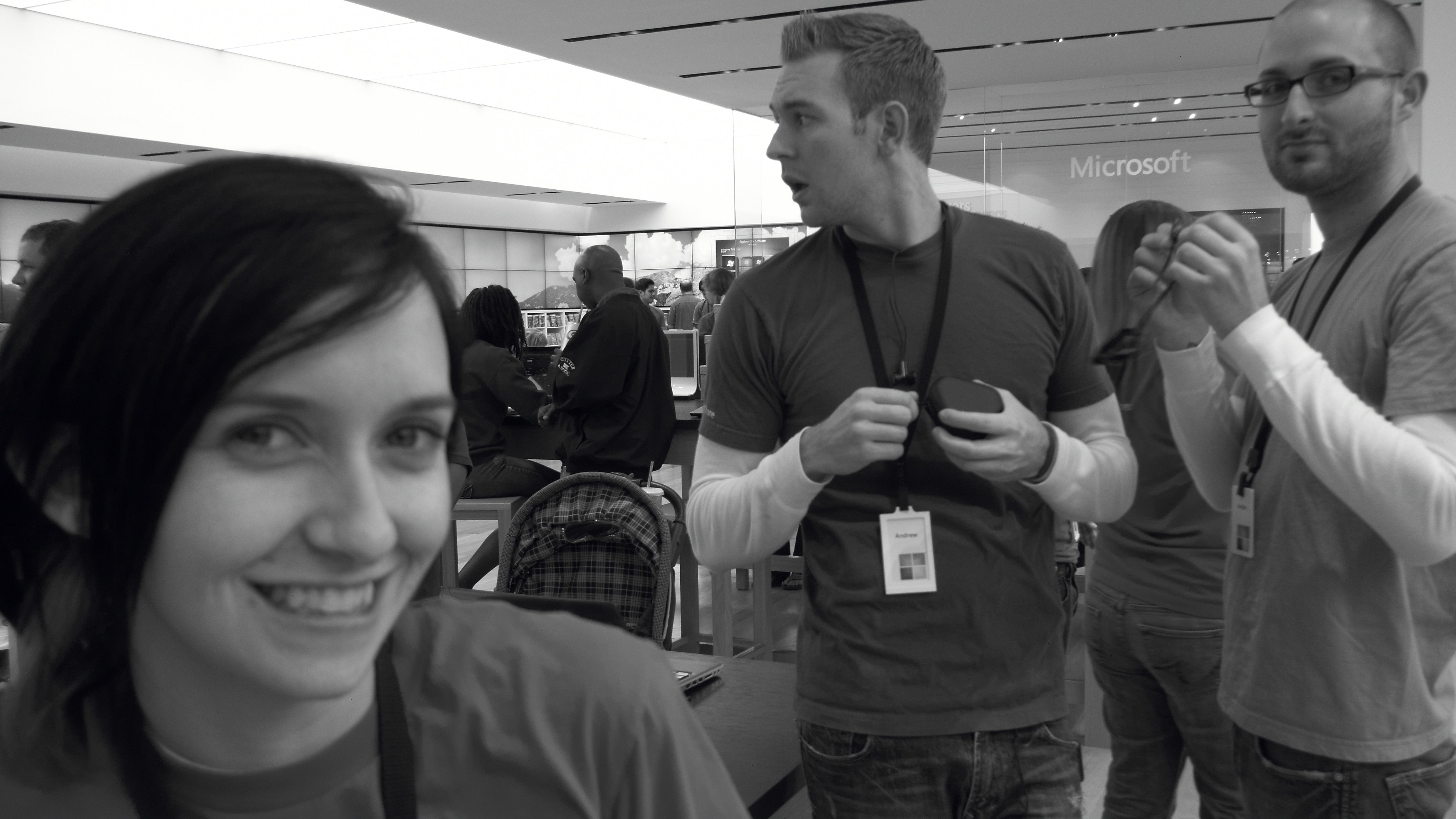Marco Arment got me to thinking about headlines today. Let me start by apologizing to Marco for nearly copying his post in it’s entirety. I don’t normally do that. In post “My Bad Post Titles Are Getting Out Of Control And Are Inconvenient For Techmeme, Now,” he writes:
At Least When Business Insider Copies My Articles Nearly In Their Entirety, They Write Their Own Sensational Titles To Replace Mine And Make Me Sound Much More Critical Of Apple Than My Posts Really Are, Every Single Time I Write Anything About Them.







